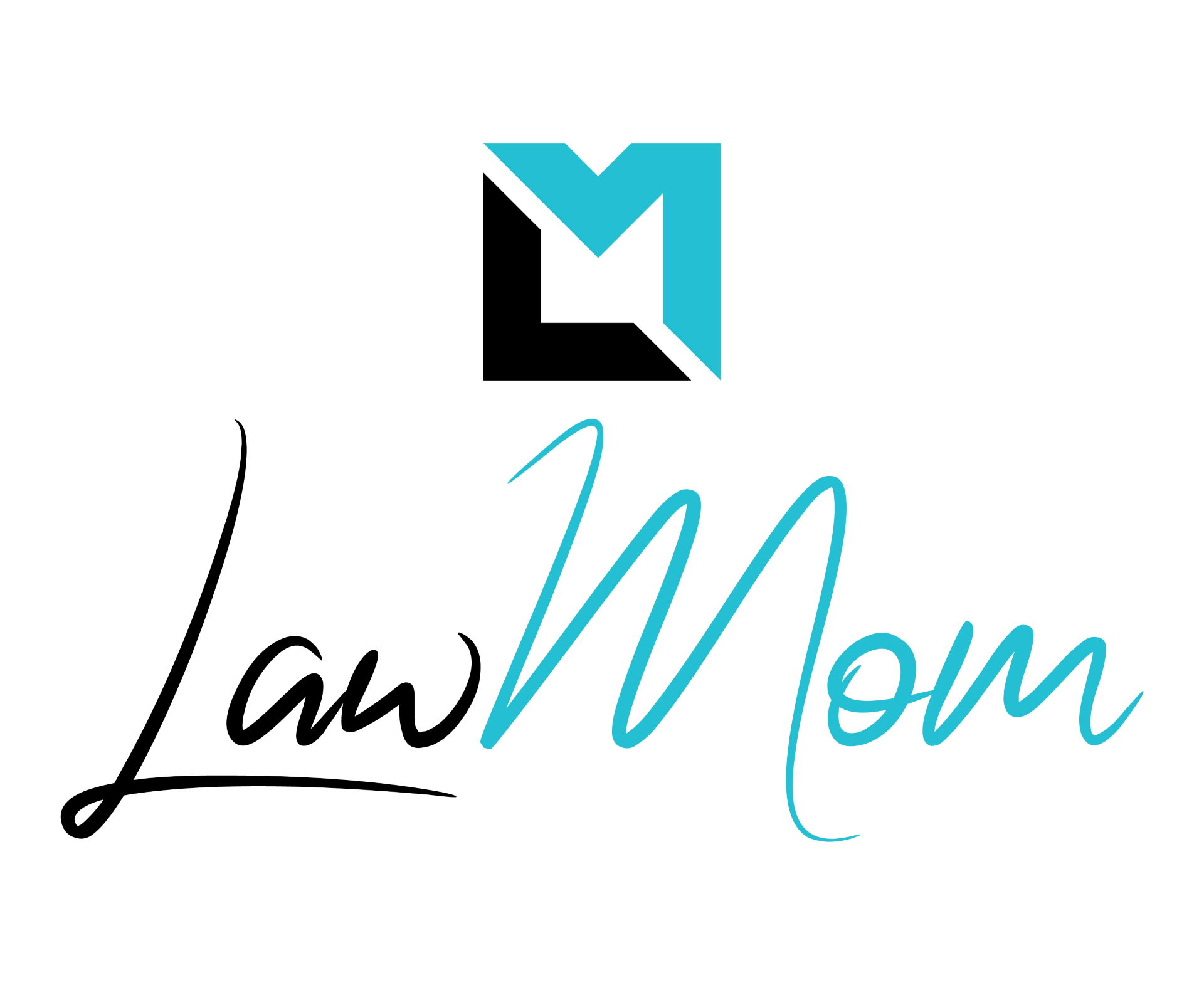Estate planning is a crucial process that involves arranging for the disposal of one’s estate during their lifetime and after death. A well-drafted estate plan can ensure that your last wishes are carried out, your loved ones are provided for, and your estate is protected from unnecessary taxes and fees. Often, people choose to take a do-it-yourself (DIY) approach to estate planning to save on costs. However, this can wind up costing you and your heirs thousands of dollars in the long run, due to errors and loopholes that can arise from DIY estate planning. In this blog post, we’ll explore the potential dangers and costs associated with a DIY estate planning strategy.
Incomplete and Inaccurate Documents
One of the primary risks of DIY estate planning lies in the preparation of legal documents, such as wills, trusts, and powers of attorney. While there are templates and online services available to help you draft these documents, they may not cover all the necessary legal formalities required in your jurisdiction. Failing to adhere to these requirements could render your documents invalid or result in unintended consequences. The cost of rectifying these errors can easily run into thousands of dollars, not to mention the emotional turmoil and family disputes that could arise due to such inaccuracies.
Lack of Personalization and Tailoring
Every individual’s estate planning needs are unique, depending on their family situation, assets, and long-term goals. DIY estate planning tools and templates often adopt a one-size-fits-all approach that may leave out specific provisions that are important for your unique situation. As a result, your heirs may face legal challenges or disputes over the interpretation of your intentions, leading to lengthy and expensive court battles.
Insufficient Asset Protection
An important aspect of estate planning is protecting your assets from potential threats, such as creditors, judgments, and taxes. DIY estate planning tends to overlook the nuances and complexities of asset protection strategies, such as establishing various types of trusts and gifting techniques to minimize estate taxes. This could expose your heirs to unnecessary financial burdens in the form of tax liabilities and legal claims against your estate.
Irrational Appointment of Executors and Trustees
When crafting an estate plan, it’s crucial to carefully consider who will serve as the executor of your will or trustee of your trust. These individuals are responsible for carrying out your wishes and managing your estate assets. DIY estate planning may not adequately emphasize the importance of choosing the appropriate person for these roles, resulting in the appointment of ill-prepared or unsuitable individuals. This can lead to mismanagement of your estate, resulting in significant losses and even legal disputes among heirs.
Failing to Update Your Plan
Estate planning is not a one-time event, but rather a continual process, as changes in your personal and financial circumstances can impact your plan. Events such as marriage, divorce, the birth of a child, or changes to tax laws can alter your previously created estate plans. DIY estate planning often lacks guidance on how and when to update your plan, leading to outdated or irrelevant provisions that could cause confusion and even financial loss for your heirs.
In Conclusion
While it may seem appealing to save on costs by undertaking a DIY estate planning process, the potential risks and hidden costs can far outweigh any short-term savings. Estate planning is a complex field of law that requires expert knowledge and a personalized approach. To protect your assets, ensure your wishes are carried out, and provide peace of mind for both you and your heirs, it’s wise to engage the services of a qualified and experienced estate planning attorney.


